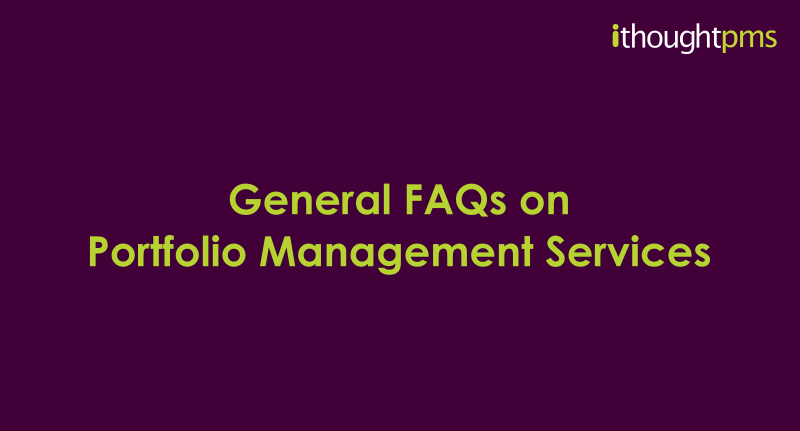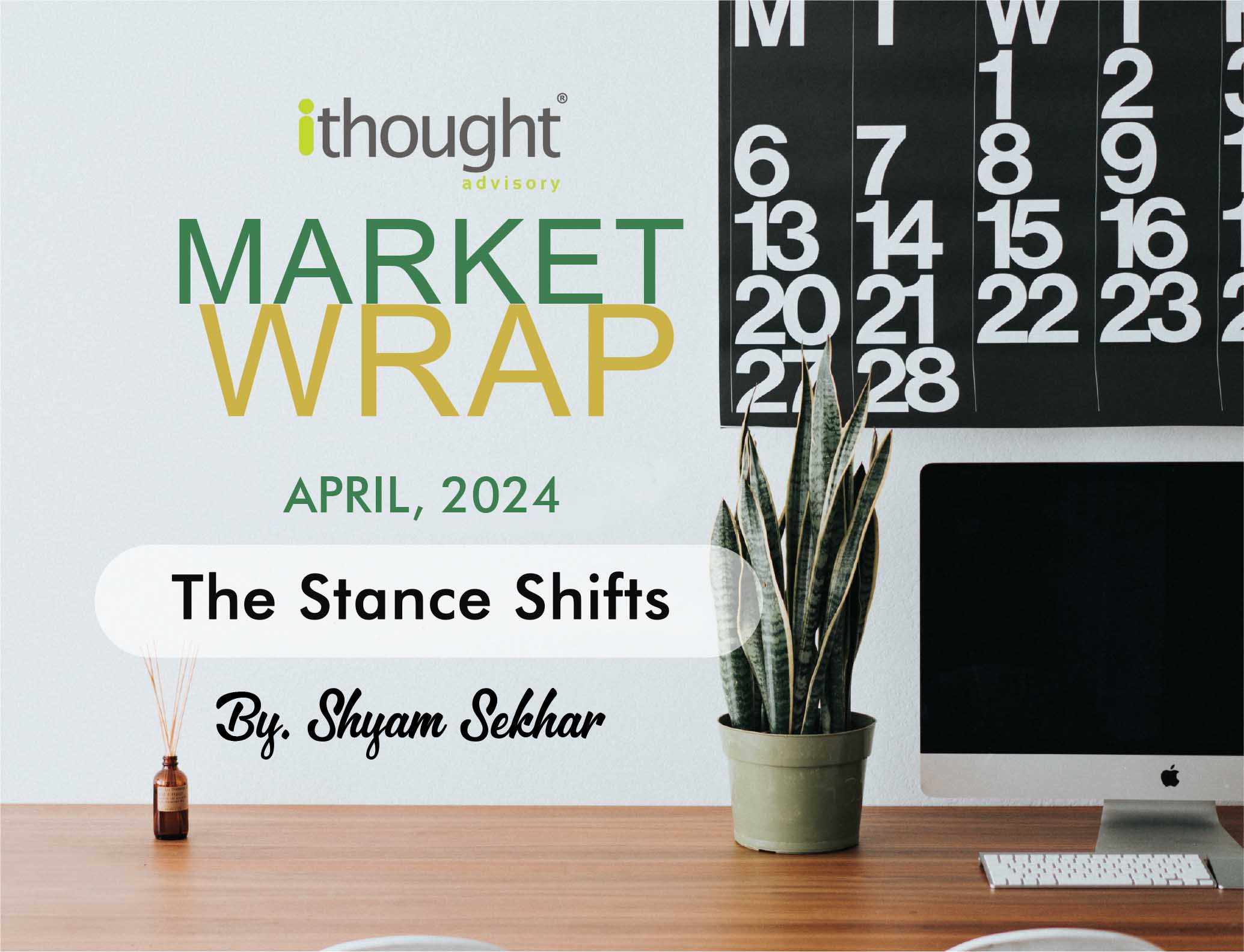What is a Portfolio Management Service?
Portfolio management services typically constitute a model wherein the fund manager manages investors’ money and charges a fee for the same. Portfolio management services can be discretionary or non-discretionary. In discretionary portfolio management services, the fund manager has the final decision-making authority on stock selection and there is no active involvement on the client’s part. In contrast, a non-discretionary model would constitute decision making on the part of the investor with respect to the investment.
Who is an ideal PMS investor?
An investor who meets the minimum ticket size requirement and is keen on generating consistent returns with minimum volatility is the ideal investor for the ithoughtpms. Investors who are willing to stay invested for at least 5 years or more and are focussed on long term wealth creation are suitable for this strategy.
What is the minimum limit for investing in Portfolio Management Services?
As per current SEBI regulations, the minimum acceptable investment in a PMS strategy is Rs 50,00,000. The minimum investment limit can vary from scheme to scheme.
What are the modes through which I can make investments in PMS?
An investor can invest in a PMS scheme by way of cheque or bank transfer. Some fund houses also accept investment by way of stock transfer.
What are the fees charged by portfolio management services?
Portfolio management services either charge a fixed management fee on the total AUM or a performance fee based on the returns generated for the investor. Most schemes, however, charge a combination of both.
Can I bring in additional funds later?
PMS schemes are usually open-ended funds. Post your initial investment, PMS strategies accept additional top-up subject to minimum acceptance criteria. Some schemes also accept top-ups by way of SIPs (Systematic Investment Plans).
Can an NRI avail of the Portfolio Management Service?
Yes, NRIs can invest in the PMS strategies.
What is the tax treatment in PMS investment?
Gains within the fund in an investor’s Demat account will be taxed the same way as that of an investor directly buying or selling stocks. Short term capital gains (<1year) on equity are taxed at 15% plus surcharges and long term capital gains are at 10% plus surcharges.
Would I be allowed to book profits partially anytime?
If a PMS scheme does not have a lock-in period, then investors can redeem money as and when they require. However, most schemes charge an exit load in the initial years. Ideally, investing in a PMS is for investors looking to create long term wealth by compounding. Rather than those looking for a regular stream of income or payouts.




